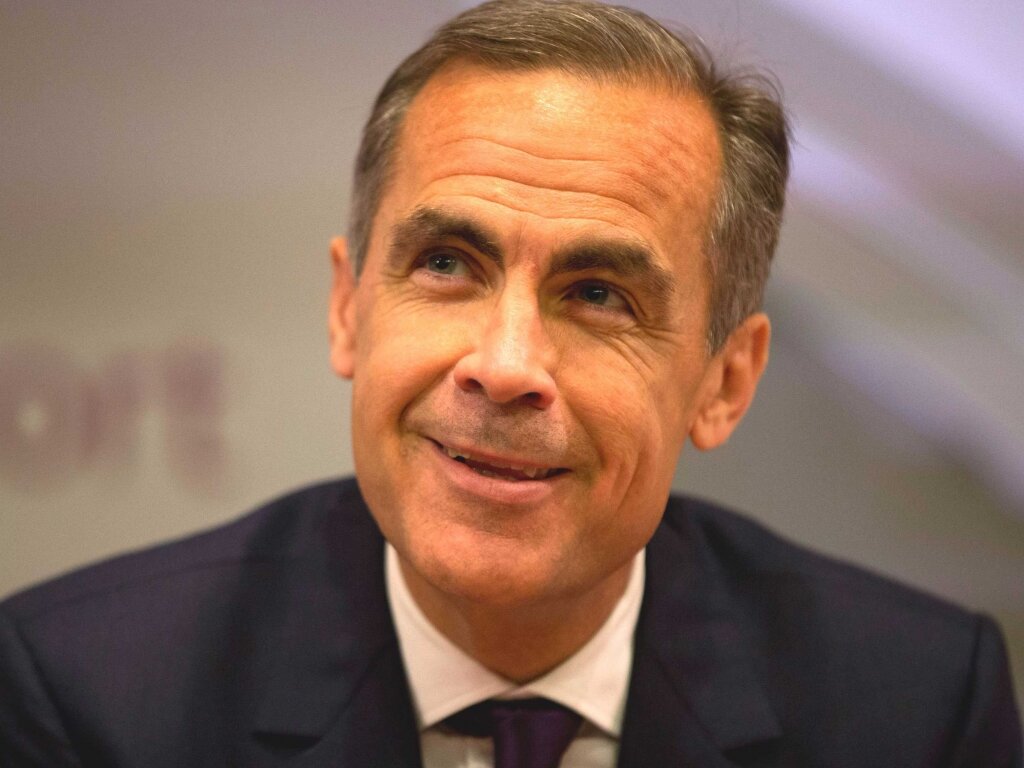The interest rate decision on Thursday will be announced alongside the publication of the meeting’s minutes, as part of the Bank’s new commitment to transparency.
He added: “The survey indicates that the public are largely buying into the Bank of England’s message that when interest rates eventually do start to rise, they will only increase gradually”.
“The Bank of England must do what it thinks is right for the United Kingdom economy, where conditions are different from those in the euro zone”, said Stephen Lewis at ADM Investor Services.
The survey also found that inflation expectations are down, as consumer price inflation is expected to be two per cent over the coming year, a dip from 2.2 per cent in May.
As expected members of the Bank’s monetary policy committee maintained interest rates at 0.5% for the 77 consecutive month.
Britain is one of the fastest-growing among the world’s top industrial countries, notching up a quarterly growth rate of 0.7 percent in the second quarter. Being the only person to have voted to increase the rate last month as well, McCafferty claimed that the risks from slowing Chinese economy had increased since August.
BoE policymaker Kristin Forbes said in a speech on Friday that a rate hike may be needed sooner than thought, citing the possibility that recent strength in the sterling may have less drag on inflation.
The MPC’s view on the economy echoes the one delivered by BOE Governor Mark Carney last month.
Working alongside two Bank economists, Ms Forbes has produced new analysis to show that sterling’s gains over the past year are unlikely to hold down inflation to the extent the central bank anticipates.
The minutes reported that the BOE’s economists have lowered their forecast for third-quarter growth, but MPC members agreed the outlook remained “broadly similar” to their August forecasts. As a baseline scenario, the Bank of Russian Federation considers that the oil price will linger at about $50 for the next three years.
In its summary, the committee said: “Developments since then have increased the risks to prospects in China, as well as to other emerging economies”. McCafferty justified his vote for a rate rise by noting that costs for businesses are rising, which could lead to inflation overshooting the target in the medium term. Despite near-zero inflation, Carney has said a decision on whether to raise rates will become clearer around the turn of the year.
There is also a high degree of uncertainty about whether the U.S. Federal Reserve will decide next week to tighten policy for the first time since the 2007-09 financial crisis, which is likely to have knock-on effects across global financial markets.
